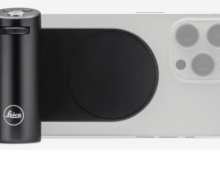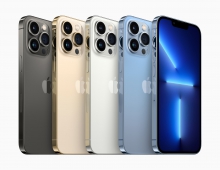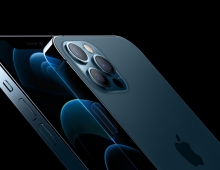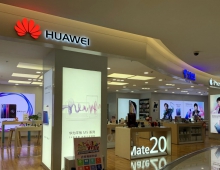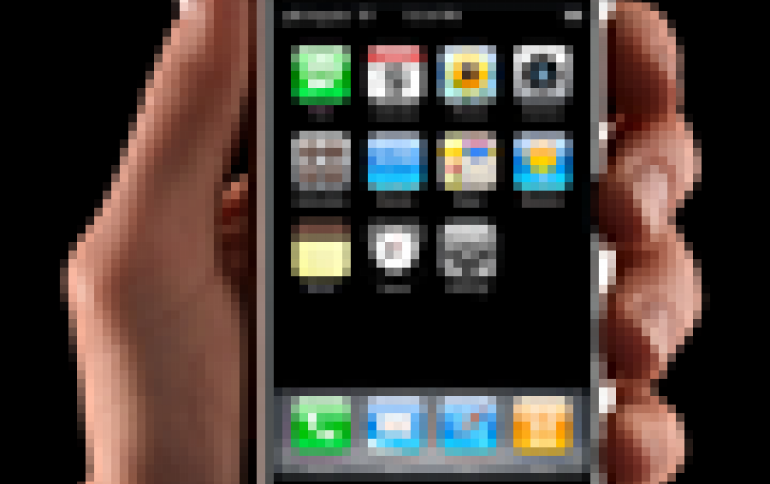
iPhone to Go on Sale June 29
Apple will start selling its iPhone on June 29, a debut that will test whether the company's design success with Mac computers and iPod media players can carry over into mobile handsets.
Apple announced the date on Sunday, with three television commercials showing off the phone's large touchscreen and ability to watch video, play music and display photos. The ads can also be seen on the company's Web site.
The U.S. launch date was confirmed by a company spokesman. Apple plans to sell the iPhone in Europe and Japan eventually, but has not announced specific dates.
The iPhone will cost $500 or $600, depending on the amount of memory included and will be sold through the online and physical stores of Apple and AT&T Inc. , which is the only current service provider. AT&T has exclusive iPhone rights for two years.
Apple's chief executive, Steve Jobs, unveiled the iPhone in January after months of speculation that the company was working on a mobile phone wrapping in features of its popular iPod music and video players.
Worldwide cellphone sales are running at about 1 billion units a year, and Jobs noted that if Apple took a 1 percent market share in 2008, that would mean the company would sell 10 million iPhones.
The debut of the iPhone poses a challenge to other handset makers such as Motorola and Nokia, who are also selling highly profitable high-end "smart phones."
AT&T, the biggest U.S. phone company, is also hoping the iPhone's draw will give it an edge over rivals such as Verizon Communications Inc. and Sprint Nextel Corp. .
Executives from rival companies say the iPhone's high price may turn off many potential customers, while the buzz over the device could carry over to other fancy phones.
The iPhone will come with either 4 gigabytes or 8 gigabytes of flash memory for storing video, music and photos, and does away with all buttons in favor of a touch screen. It has been lauded for features such as its built-in camera, light and orientation sensors, and sleek design.
Critics also note that it uses GSM, an older wireless technology that is gradually being supplanted by so-called 3G networks that can transmit data much faster.
The U.S. launch date was confirmed by a company spokesman. Apple plans to sell the iPhone in Europe and Japan eventually, but has not announced specific dates.
The iPhone will cost $500 or $600, depending on the amount of memory included and will be sold through the online and physical stores of Apple and AT&T Inc. , which is the only current service provider. AT&T has exclusive iPhone rights for two years.
Apple's chief executive, Steve Jobs, unveiled the iPhone in January after months of speculation that the company was working on a mobile phone wrapping in features of its popular iPod music and video players.
Worldwide cellphone sales are running at about 1 billion units a year, and Jobs noted that if Apple took a 1 percent market share in 2008, that would mean the company would sell 10 million iPhones.
The debut of the iPhone poses a challenge to other handset makers such as Motorola and Nokia, who are also selling highly profitable high-end "smart phones."
AT&T, the biggest U.S. phone company, is also hoping the iPhone's draw will give it an edge over rivals such as Verizon Communications Inc. and Sprint Nextel Corp. .
Executives from rival companies say the iPhone's high price may turn off many potential customers, while the buzz over the device could carry over to other fancy phones.
The iPhone will come with either 4 gigabytes or 8 gigabytes of flash memory for storing video, music and photos, and does away with all buttons in favor of a touch screen. It has been lauded for features such as its built-in camera, light and orientation sensors, and sleek design.
Critics also note that it uses GSM, an older wireless technology that is gradually being supplanted by so-called 3G networks that can transmit data much faster.

